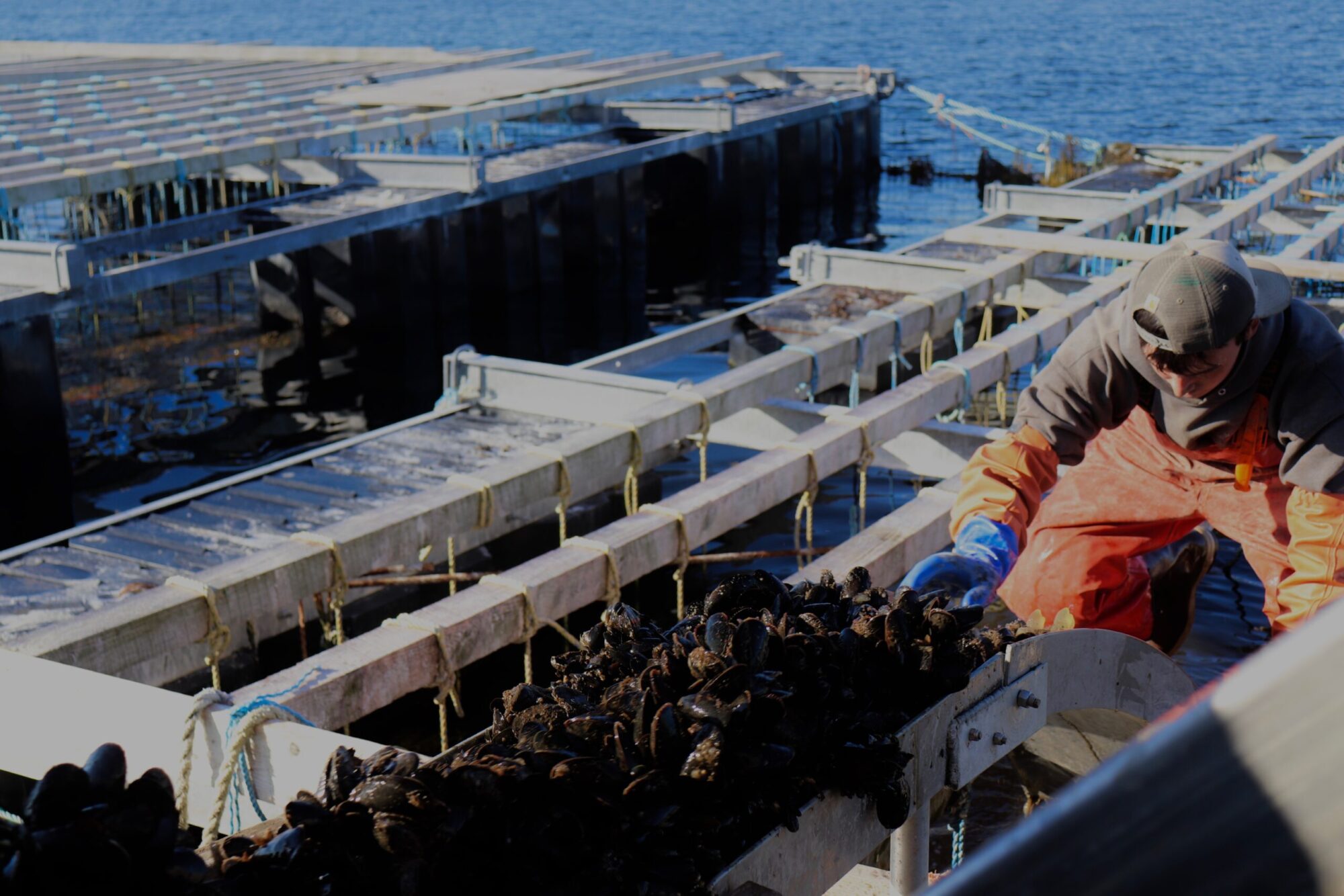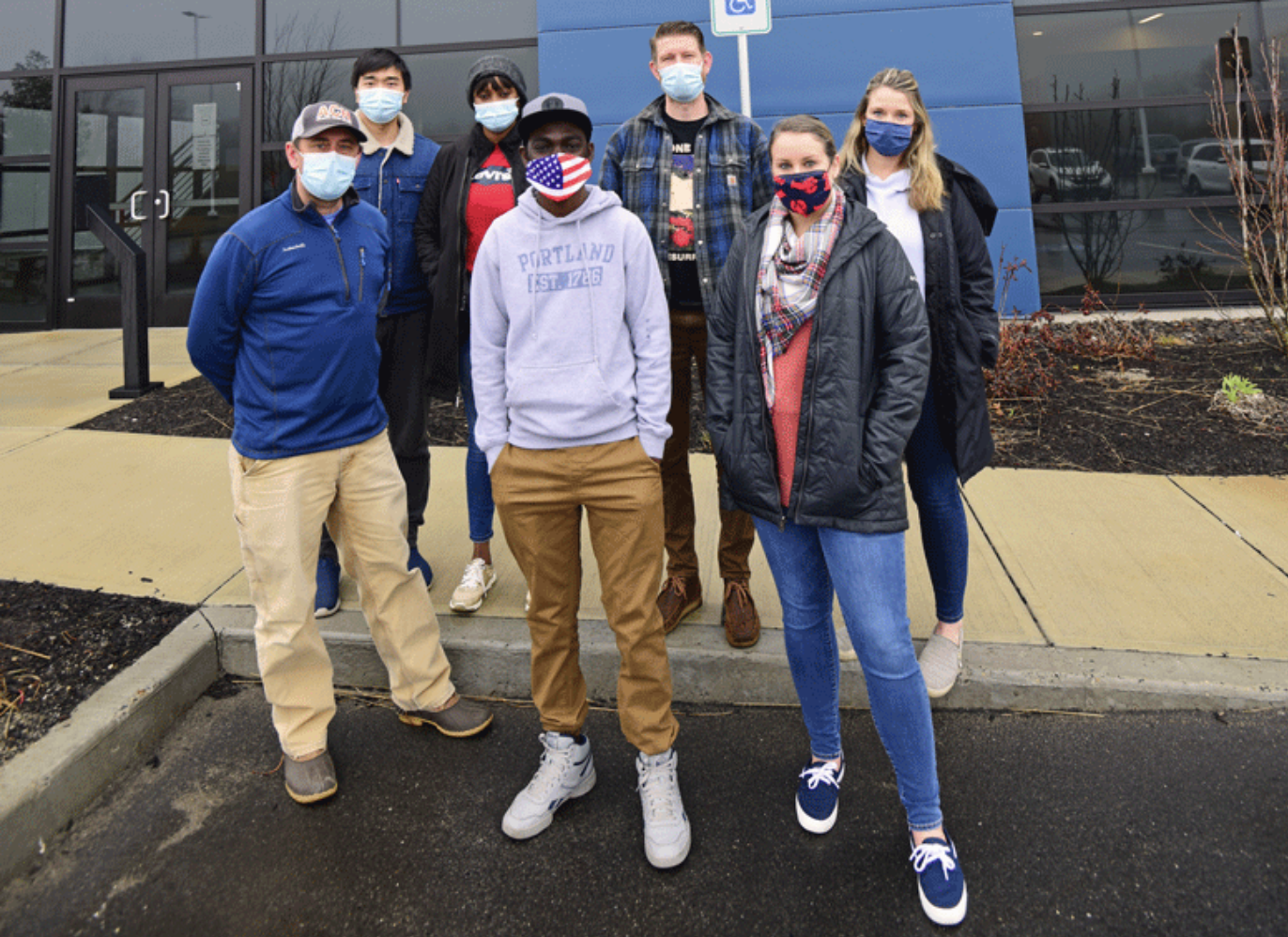 ‘NEW MAINERS’ ARE KEY TO SEAFOOD INDUSTRY
‘NEW MAINERS’ ARE KEY TO SEAFOOD INDUSTRY
The Working Waterfront, 5/26/21 – “Welcoming immigrants to Maine is more than just the polite, hospitable thing to do. It’s critical to the state’s economic future. That’s the view of the authors of Maine’s community development strategy for 2020-2029, who assert that the state will lose 65,000 workers to retirement by 2029 and that to remain economically viable, some 75,000 new workers must be added. ‘The longer the state doesn’t take affirmative steps to try to attract more people from other states and other countries, the more dire our workforce shortage is becoming,’ said Beth Stickney, who has worked as an immigration lawyer for 35 years and founded the Immigrant Legal Advocacy Project and the Maine Business Immigration Coalition.”
 $34 FOR A LOBSTER ROLL? TODAY’S HIGH PRICES DRIVEN BY CONSUMER BUYING HABITS DURING PANDEMIC
$34 FOR A LOBSTER ROLL? TODAY’S HIGH PRICES DRIVEN BY CONSUMER BUYING HABITS DURING PANDEMIC
Maine Public, 5/21/21 – “Maine seafood prices are experiencing a post-pandemic bump that could persist into the future, a potential bright side to the market dislocations Covid-19 brought to the industry. A month ago it was headline news when the iconic Wiscasset lobster shack, Red’s Eats, opened for the season with no lobster on hand. Today, there is lobster to be had – but hold onto your napkin: a lobster roll there cost $34 this week. And the story is the same farther off the beaten path. Gary Blackman Sr. and his wife have been running Karen’s Hideaway lobster shack in Boothbay for two decades.”
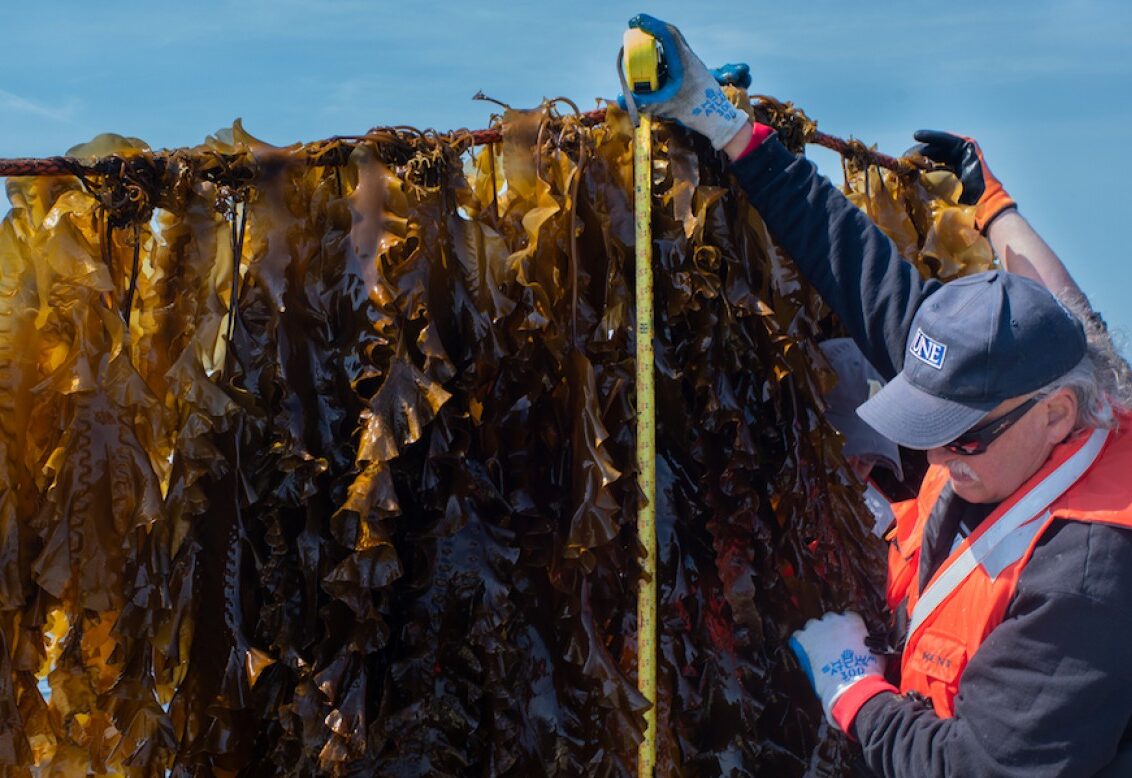 UNE researchers studying food safety aspects of edible seaweed
UNE researchers studying food safety aspects of edible seaweed
University of New England, 5/21/21 – “Most food harvested from the sea is contaminated by some level of pathogenic bacteria, and edible seaweed is no exception. What level of pathogens are found on edible seaweed and what can be done to keep levels low are the focus of a study now underway involving researchers and students at UNE. ‘Edible seaweed, including sugar kelp, is really a burgeoning industry in Maine,’ explained Kristin Burkholder, Ph.D., associate professor in the School of Biological Sciences.”
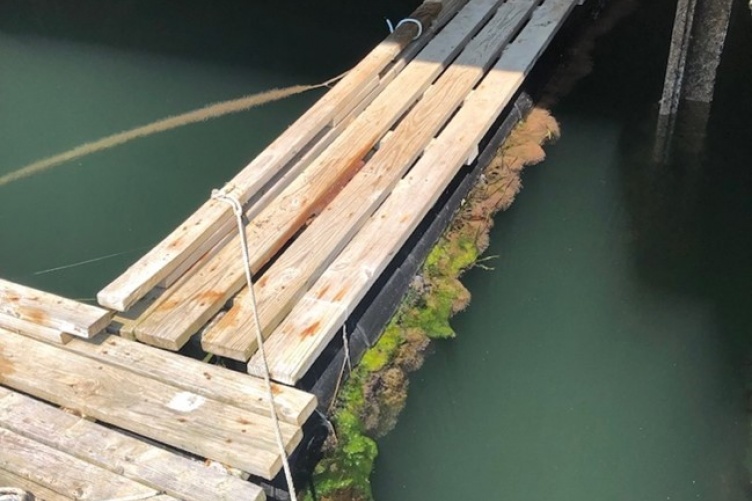 UNH SCIENTISTS AIM TO SOLVE A MILLION DOLLAR PROBLEM FOR AQUACULTURE INDUSTRY
UNH SCIENTISTS AIM TO SOLVE A MILLION DOLLAR PROBLEM FOR AQUACULTURE INDUSTRY
UNH Today, 5/20/21 – “A pesky little jellyfish-like animal is causing major problems—and major costs—for aquaculture everywhere by choosing to permanently live on aquafarming equipment, reducing production sustainability. However, new research from the New Hampshire Agricultural Experiment Station in the UNH College of Life Sciences and Agriculture sheds light on possible ways to dissuade these animals at early, larval stage from calling aquaculture production systems home.”
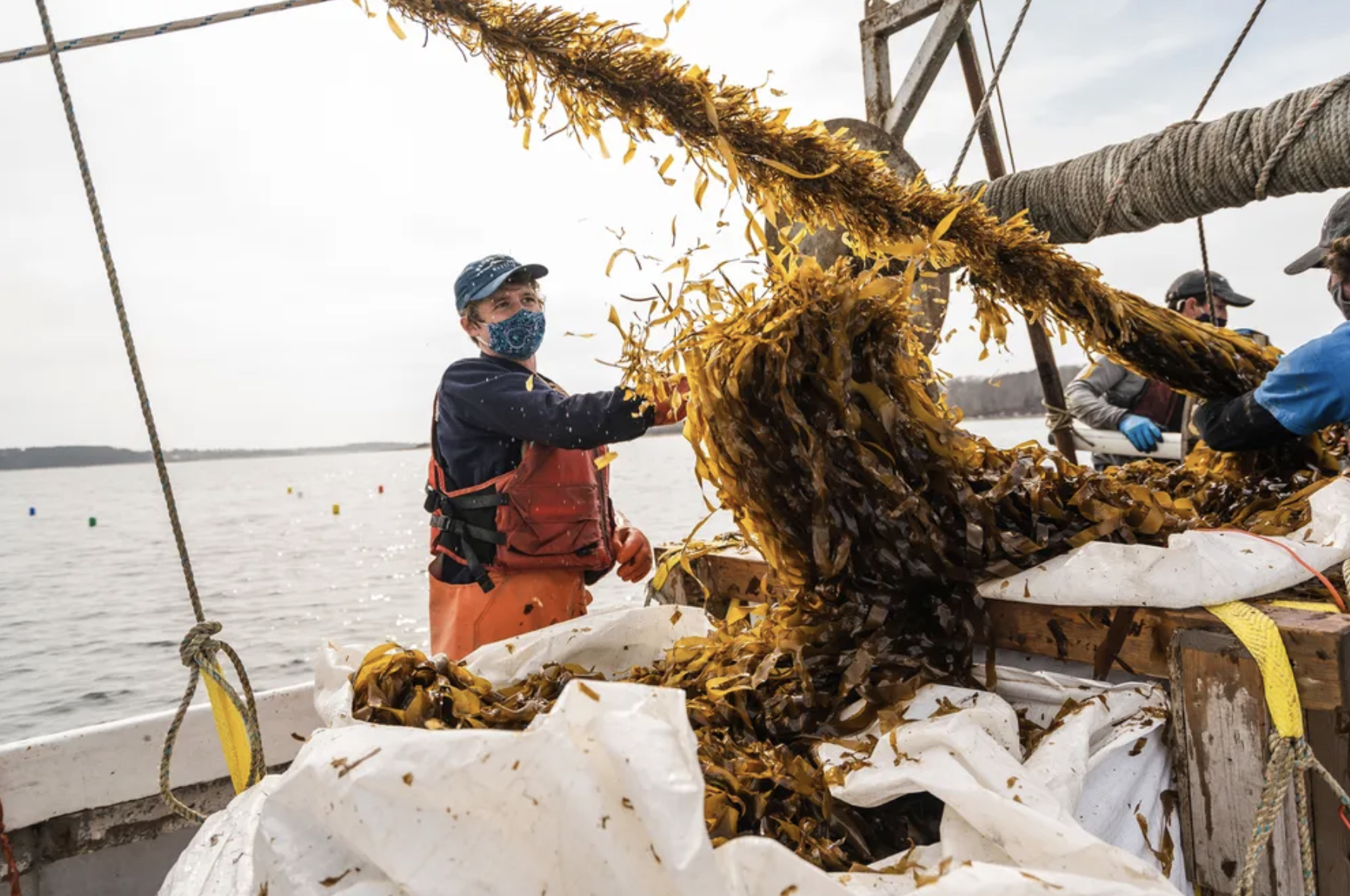 RESTORATIVE AQUACULTURE: HOW WWF IS CHARTING A PATH FOR GLOBAL SEAWEED GROWTH
RESTORATIVE AQUACULTURE: HOW WWF IS CHARTING A PATH FOR GLOBAL SEAWEED GROWTH
The Fish Site, 5/17/21 – “The global seaweed aquaculture sector should aim to grow by 12 percent a year – helped by a marked production increase in northern oceans – according to Bailey Moritz, program officer for seaweed and shellfish projects for the US national office of World Wildlife Fund (WWF). ‘Before joining WWF I was managing a commercial seaweed nursery in Maine, while finishing up my graduate studies in ocean food systems. While at the University of New England, I worked with a group of women seaweed farmers in Belize on product development. My current role is a great fit because I get to support an incredible group of farmers, researchers, scientists and entrepreneurs advancing the seaweed industry in a thoughtful, sustainable way.'”
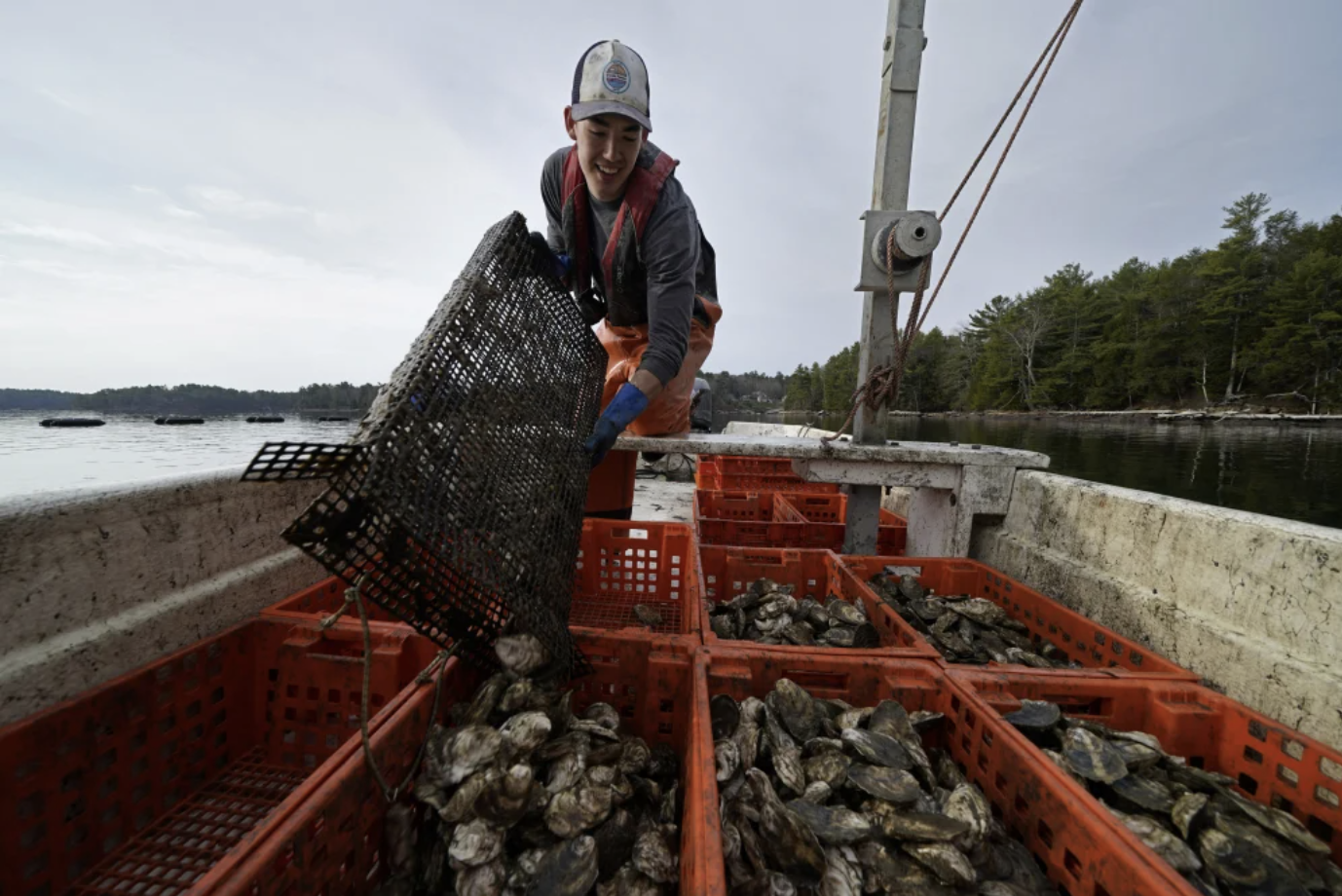 PANDEMIC-HIT OYSTER FARMERS IN MAINE TAKE PART IN OYSTER CONSERVATION PROGRAM
PANDEMIC-HIT OYSTER FARMERS IN MAINE TAKE PART IN OYSTER CONSERVATION PROGRAM
Portland Press Herald, 5/13/21 – “When the pandemic struck last year, oyster farmer Chris Burtis soon realized the restaurants that bought his oysters had mostly closed. Without a new market, his Ferda Farms faced potential economic ruin. Then, Burtis heard The Nature Conservancy in partnership with The Pew Charitable Trusts was buying millions of bivalves around the country for rebuilding decimated oyster reefs — and he quickly joined the effort. One recent day, he pulled up cages packed with eastern oysters on the New Meadows River in Brunswick, Maine, readying them to be trucked to oyster reefs on a patch of New Hampshire’s Great Bay.”
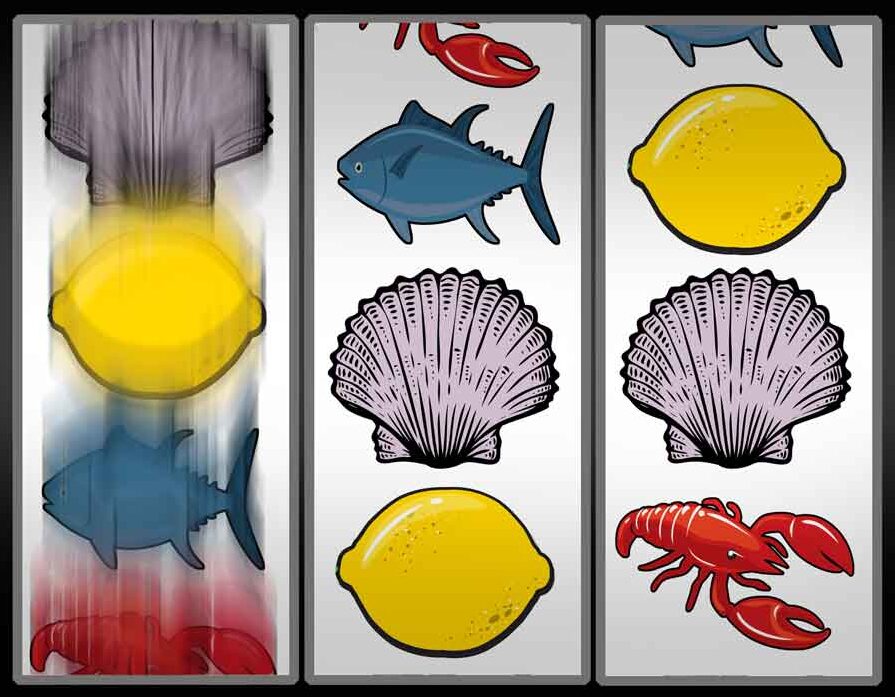 CAN JAPANESE TECH HELP SCALLOP FARMING HIT IT BIG IN MAINE?
CAN JAPANESE TECH HELP SCALLOP FARMING HIT IT BIG IN MAINE?
Maine Magazine, 5/13/21 – “Until recently, scallops were barely an afterthought in Maine shellfish aquaculture, overshadowed by the success of oysters and mussels. But, in theory, there’s money to be had in scallops — the wild scallop fishery is perennially lucrative even though it’s often curtailed by emergency closures to protect at-risk populations. ‘I think scallop farming has the potential to save the working waterfront,’ says Alex de Koning, whose family started farming mussels in the Netherlands in the 1700s and who manages production at Hollander and de Koning Mussel Processors, in Trenton. With fishing of all varieties under constant and evolving threat from climate change and other stresses, he adds, Maine’s seafood economy will need more than just lobsters, oysters, and mussels to keep fishermen working in the future.”
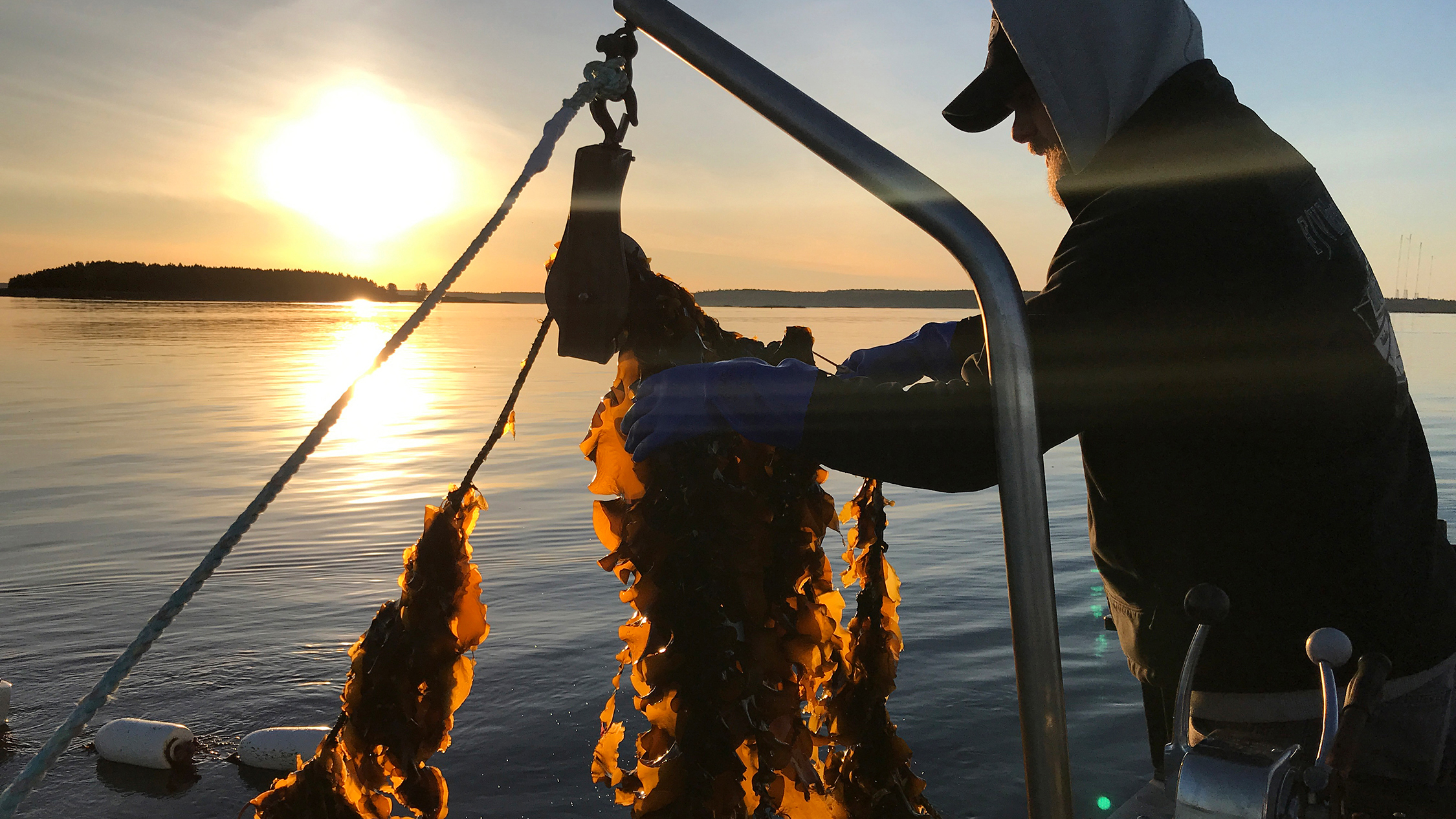 THE NAUTICAL FARMERS
THE NAUTICAL FARMERS
Patagonia, 5/7/21 – “In 2016, shortly after moving on a whim to Denver, Colorado, from their home state of Maine, Morgan-Lea Fogg and her fiancé Jake Patryn got really excited about kelp. Through her work as a community manager at Summit, an organization that connects the next generation of leaders and global thinkers, Morgan was introduced to the concept of kelp farming and kelp-based foods and its potential to help stop climate change. She was hooked. She devoured everything she could about conservation and environmentalism, including Dr. Richard Oppenlander’s Comfortably Unaware, a book that details the impact of our food choices on the environment.”
 ON THE RECORD WITH SEBASTIAN BELLE OF THE MAINE AQUACULTURE ASSOCIATION
ON THE RECORD WITH SEBASTIAN BELLE OF THE MAINE AQUACULTURE ASSOCIATION
The Working Waterfront, 5/5/21 – “When it comes to aquaculture, it would be hard to top Sebastian Belle’s resumé. Belle, 62, earned a degree in fisheries and wildlife at the University of Massachusetts in Amherst, fished offshore for a time, then moved to Europe. ‘I was able to get a job in Norway on an aquaculture farm,’ he recalls. ‘I happened to be in the right place at the right time. That was in the very early days of the salmon industry, and they were making a lot of money and investing it all around the world, and they sent me all around the world, building projects,’ raising salmon, shrimp, trout, and scallops. Belle returned to Maine and moved to Eastport, where he managed a series of salmon farms for five years, then worked at Boston’s New England Aquarium for five years in research and development for farming bluefin tuna. Then it was back overseas to build tuna farms in Spain, France, Mexico, and Australia. ‘And then I came back. Angus King pestered me enough,’ he laughs, saying the then-governor ‘wanted private sector people to come work in state government.’ Belle became a senior policy advisor on aquaculture for the Department of Marine Resources. He also served on the board of the Maine Aquaculture Association, which was founded in 1977.”
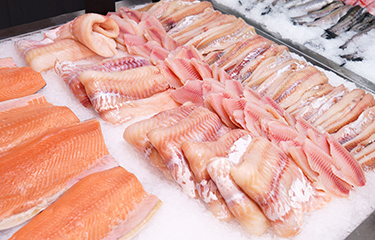 MORE THAN 60 SEAFOOD ORGANIZATIONS ASK CONGRESS TO RESURRECT NATIONAL SEAFOOD COUNCIL
MORE THAN 60 SEAFOOD ORGANIZATIONS ASK CONGRESS TO RESURRECT NATIONAL SEAFOOD COUNCIL
Seafood Source, 5/5/21 – “More than 60 leading seafood organizations have signed a letter to congress to support appropriations to resurrect the National Seafood Council in the United States. The letter has been delivered to members of Congress, with a request that appropriations be made to support a national seafood marketing campaign, as recommended by NOAA’s Marine Fisheries Advisory Council (MAFAC). The initial request is for USD 25 million (EUR 20.8 million) to fund the marketing efforts, according to the Seafood Nutrition Partnership (SNP).”
